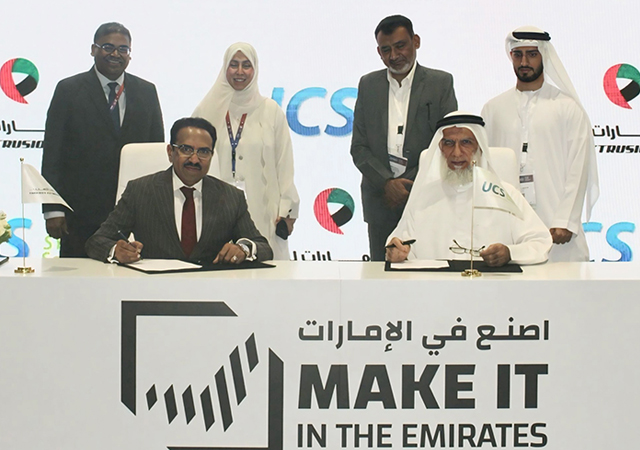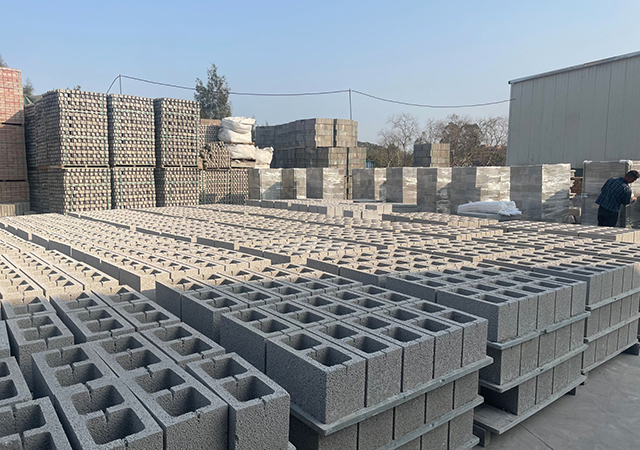
 Partanna cement can be used with existing construction equipment.
Partanna cement can be used with existing construction equipment.
Exeed Industries, a prominent industrial group in the UAE, has signed a preliminary agreement with Partanna Oasis to explore the development of sustainable cement solutions in the country, the two companies have announced.
Partanna Oasis is a subsidiary of Partanna, a global innovator in sustainable building materials. The memorandum of understanding (MoU) outlines plans to introduce carbon-negative cement technologies to the UAE market.
The collaboration focuses on assessing and planning for facilities in Abu Dhabi to produce Partanna’s next-generation cement alternatives locally. This includes strategising for a brine conversion facility, a tolling facility, and a cement production plant to commercialise Partanna’s products in the UAE.
Partanna’s carbon negative building materials are made without traditional Portland cement and are designed to actively remove carbon dioxide from the atmosphere, offering an alternative to a product responsible for nine per cent of global CO2 emissions, the company points out.
Elaborating on the building material, a spokesman for Partanna says, this modern cement, which is based on traditional Roman cement principles, uses a brine activator (a salt combination found in seawater) blended with pozzolanic materials like slags, volcanic ashes, or natural pozzolans. When the brine solubilises, atmospheric carbon dioxide dissolves into the water, initiating an acid-base reaction that precipitates solid carbonates and consumes CO2. Meanwhile, the pozzolanic materials react in the alkali environment to form silicates.
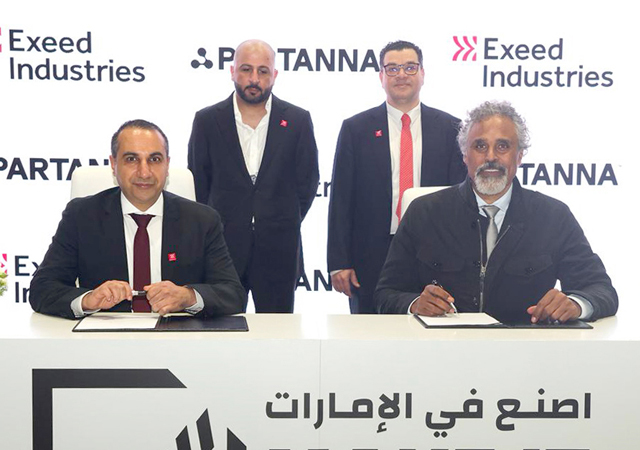 |
|
Mohammad Alameer, Group CEO at Exeed Industries (left), and Rick Fox, CEO of Partanna, sign the MoU. |
The presence of magnesium and calcium in the brine leads to the rapid formation of calcium alumina silicate hydrate and magnesium alumina silicate hydrate, which act as the binding agents, similar to calcium silicate hydrate in Portland cement. As these materials continue to react and absorb CO2 from the air, a strong skeletal structure forms. Eventually, the same calcium silicate hydrate found in Portland cement also develops, further contributing to the material’s strength and continued CO2 uptake.
This innovative process allows Partanna to achieve a significantly high net carbon absorption by avoiding CO2 emissions from clinkering and actively removing CO2 through mineralisation. Partanna cement also boasts normal setting characteristics and can be used with existing construction equipment, making it a virtually drop-in replacement for Portland cement. Importantly, it consumes CO2 from the air as it cures, eliminating the need for CO2 bottling or injection, the spokesman explains.
Partanna’s modern reinterpretation of cement offers an innovative, scalable solution. By replacing carbon-intensive clinkering with magnesium compounds derived from brine – a by-product of desalination – Partanna turns a waste stream into a valuable resource while producing a cost competitive product.
The partnership will also cover certification processes, performance testing, and alignment with regulatory frameworks.
The scope also includes evaluating applications across the UAE’s construction sector, with integration into Exeed’s precast and concrete operations.
“We are excited to join forces with Partanna to champion green innovation in construction,” says Mohammad Alameer, Group CEO at Exeed Industries. “This partnership aligns perfectly with our sustainability objectives and the UAE’s industrial decarbonsation goals.”
“This is an important milestone in our mission to scale global access to climate-positive construction materials,” adds Rick Fox, CEO of Partanna. “The UAE is a strategic market and global leader in sustainable construction, and Exeed’s deep industrial expertise makes them a match winning partner.”


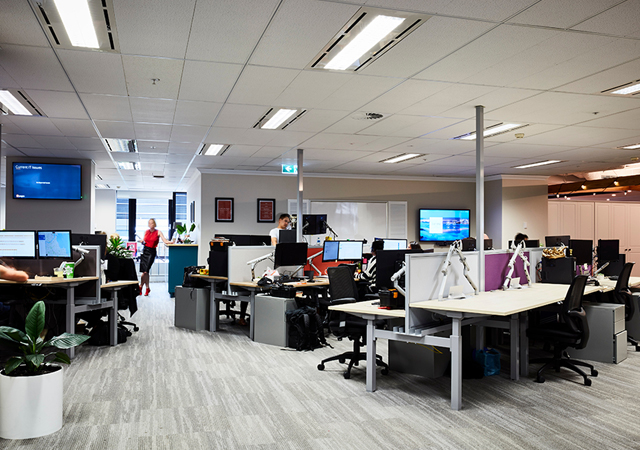



.jpg)

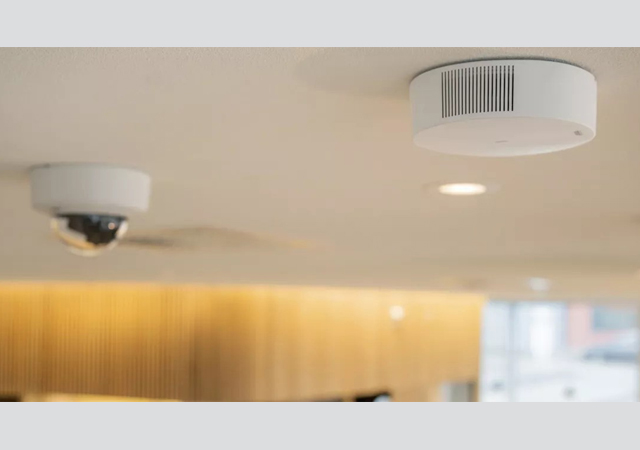







.jpg)




























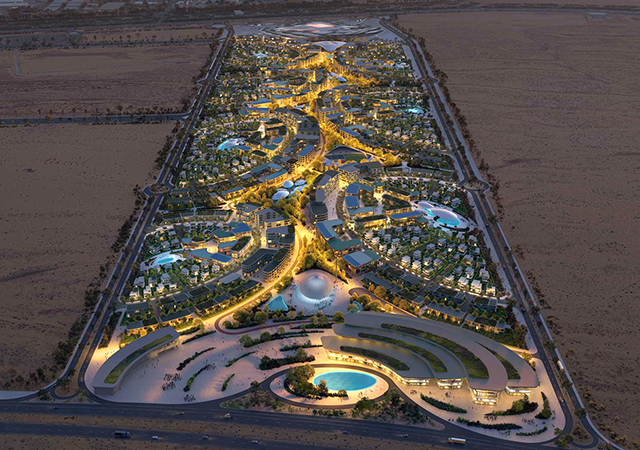







.jpg)


